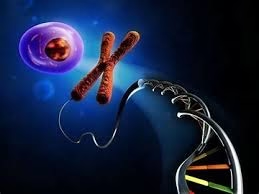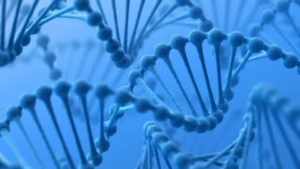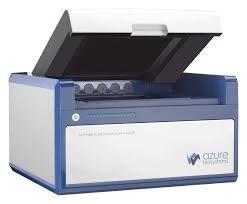1. PPV and NPV PPV (Positive Predictive Value) Definition: If a test is positive, PPV tells you how likely it is that the person really has the disease. Formula:PPV = Read More ……..
Category: Instrumentation, Clinical Pathology
Sensitivity & Specificity
1️⃣ First, Understand the Problem: Why Do We Need These Terms? Imagine you created a blood test to detect a disease.But how do you know if your test is good? Read More ……..
Recombinant DNA Technology

Introduction Recombinant DNA (rDNA) refers to DNA molecules created by joining DNA from two or more sources. The process typically involves inserting the recombinant DNA into a host organism so Read More ……..
Isolation of Nucleic Acids

Introduction Nucleic acids are biological macromolecules responsible for storing and transmitting genetic information. They exist in all living organisms and viruses. The two main types are: DNA (Deoxyribonucleic Acid): Double-stranded Read More ……..
Southern Blot

Introduction Southern blotting is a method in molecular biology used to find specific DNA sequences in a sample of DNA. It was developed by Edwin M. Southern in 1975. The Read More ……..